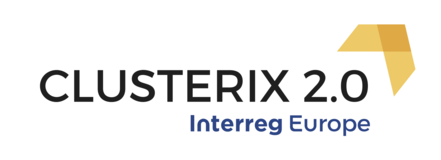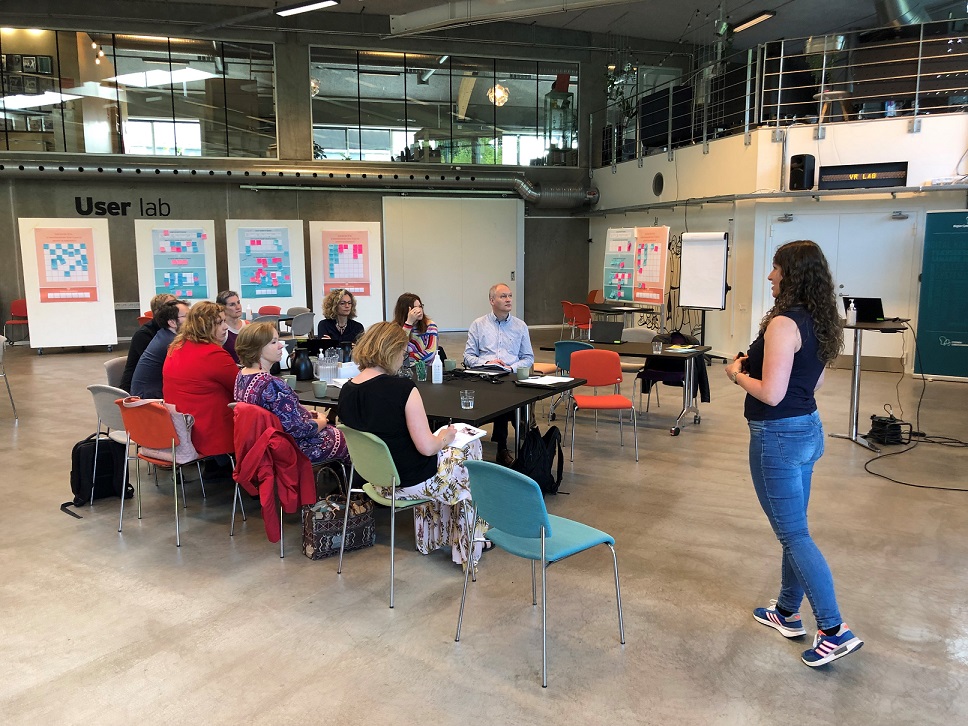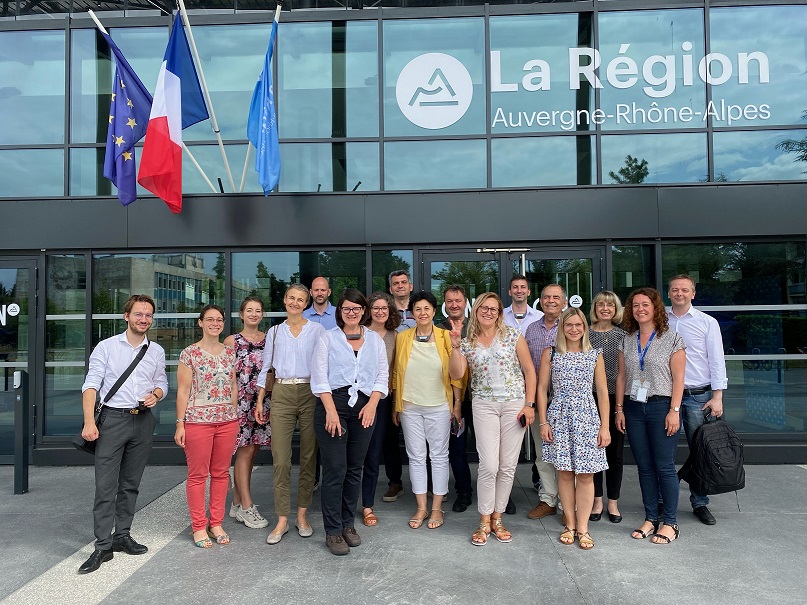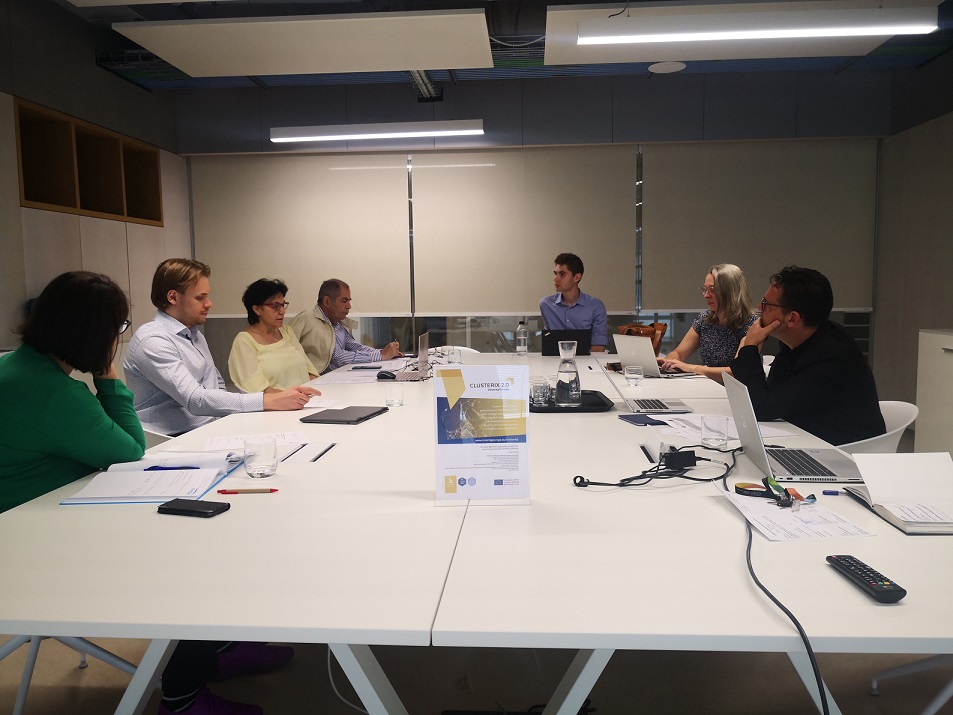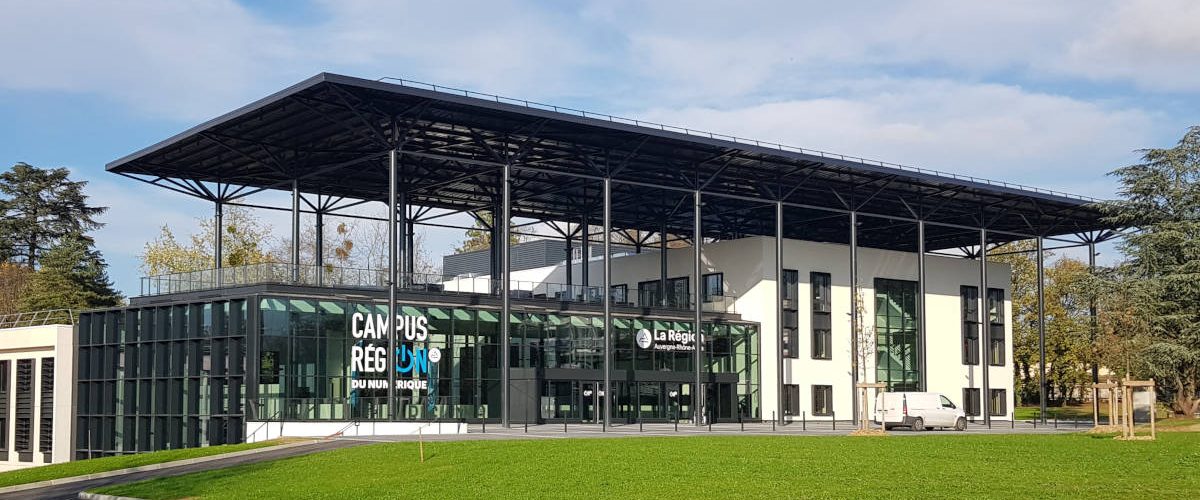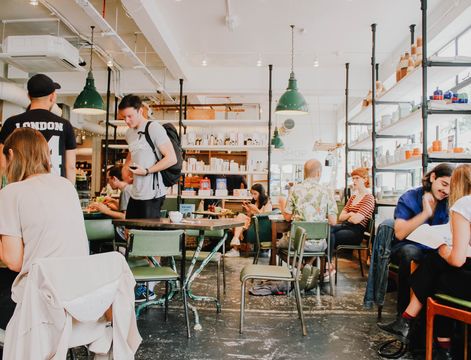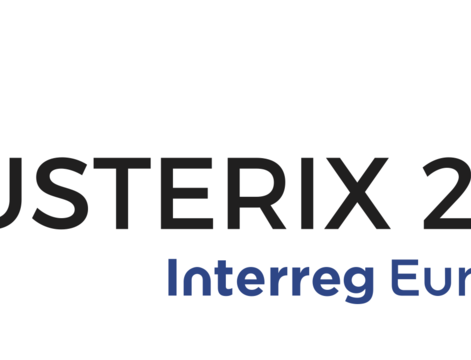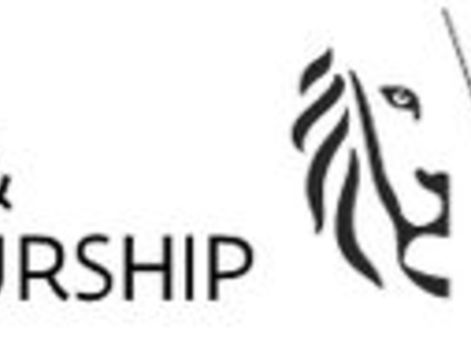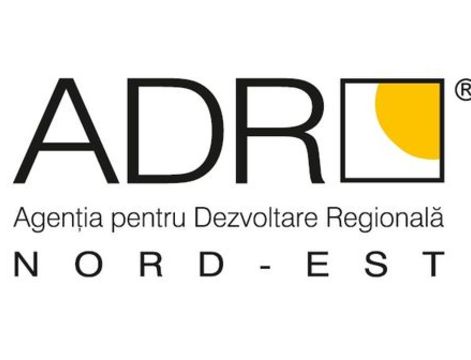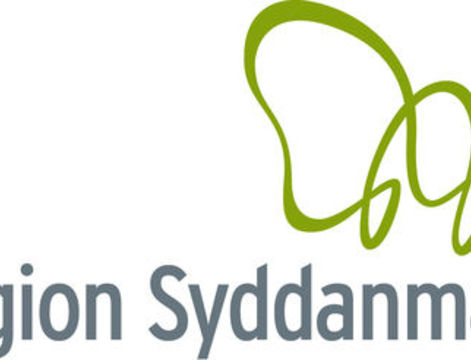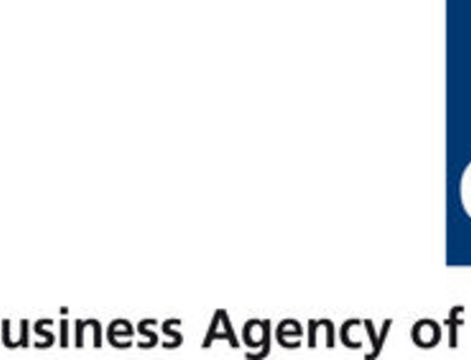Defining and focussing on individual excellence with the target of driving regional economic change hand in hand with the European Union’s Smart Specialisation Strategy has been each partner region’s key impulse in joining the CLUSTERIX 2.0 project consortium for the years 2016-2021.
In the first year, the partners started eagerly on getting to know each others’ initial position and status-quo of cluster policy approaches and degree of economic development and cluster capability. They therefore organised a peer review and policy benchmarking among the consortium throughout the summer of 2016. The benchmarking results have been discussed in detail in a full-day-workshop during the international project meeting in Ostrava/Czech Republic together with participants of the partners’ policy making authorities enabling an optimal leverage effect of detecting individual strengths and weaknesses and at the same time enhancing mutual understanding and learning from more experienced partners. By comparing the approaches not only of the 10 CLUSTERIX 2.0 partners against each other, but also against the portfolio of ESCA (who conducted the Benchmarking as international experts), the partners got substantiated and comprehensive recommendations for policymaking and implementation processes, such as regional support schemes for cluster initiatives or the role of clusters in the implementation of S3.
In a constant drive for the optimal knowledge exchange through the European clusters network, CLUSTERIX 2.0 shared a workshop on „Adapting cluster policies for S3“ with another Interreg Europe project CLUSTERS3 during the TCI Global Conference in Eindhoven in November 2016.
The sharing of Good practice examples of regional policy instruments and operational excellence in creating a fruitful ecosystem was another core element of the project’s second semester. During the interregional project meeting in Brussels and Gent in February 2017, fascinating study-visits were organised by the Flanders region to the Food pilot, a testing infrastructure and R&D institute for all cluster members of Flanders Food, as well as to the labs of the Material Science Cluster Gent (SIM and FLAMAC), allowing high-tech research to speed-up time-to-market in the metals innovation sector. One of the Good practice studies shared with the partnership during this meeting – an INNOSUP-project of the host region Flanders assessing internationalization support needs of SMEs – is described further later in this newsletter.
Looking ahead into the project’s second year, bilateral meetings and staff exchanges will bring deeper insight in selected cases relevant for the respective partners. And CLUSTERIX 2.0 will be brought on stage at a national 2-day-Cluster Conference in Bucharest, Romania, in November 2017.
